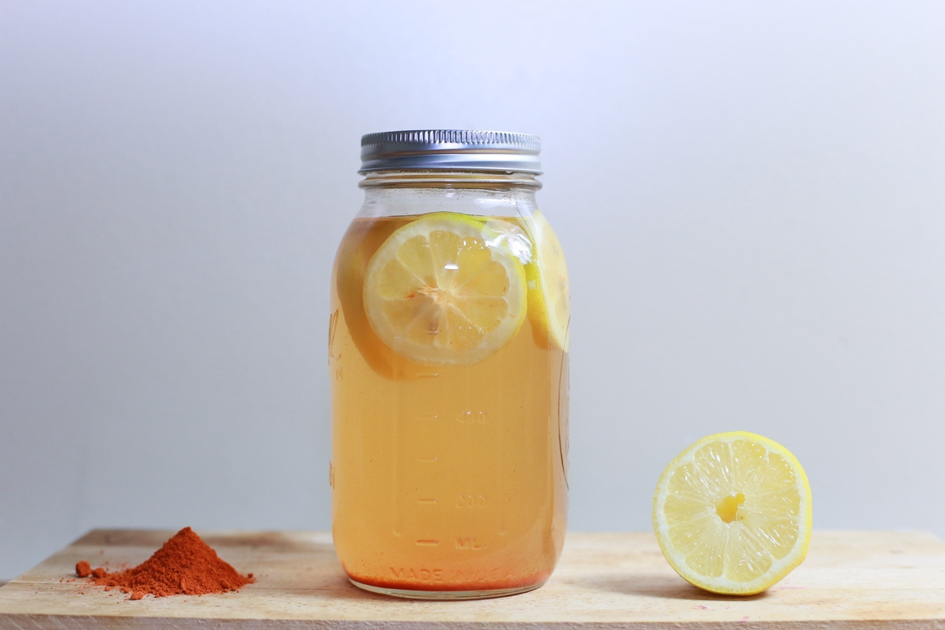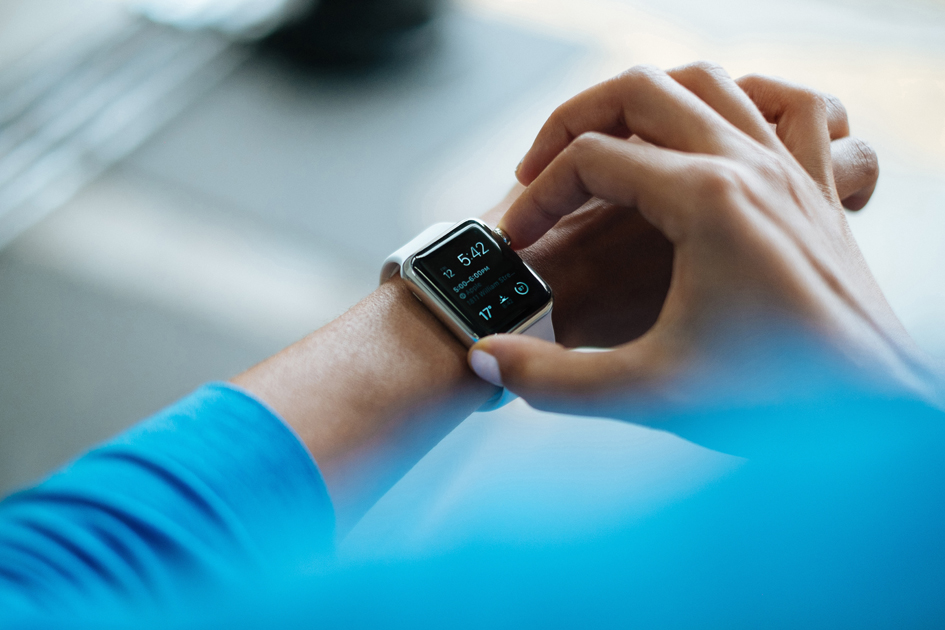What is the long term impact of Fitness Trends?
2015 marked the rise of the Instagram health blogger and, with it, the fitness trends that inspired health gadgets, fashionable sportswear and a nation of smoothie drinking gym goers! It is now a year down the line and the fitness industry is still booming. However I cannot help but wonder whether we will still be juicing, attending HIIT classes and going out to eat protein pancakes in 2020. It almost begs the question: are fitness trends influencing genuine lifestyle changes or are we merely dedicated followers of fashion?
The rise of #Fitspiration Trends
In 2015 it became cool to be fit and healthy. Heels were swapped for trainers and gourmet burgers for green smoothies, as the fashion, food and fitness industries drew influence from popular health bloggers.
In recent year’s food, health and lifestyle bloggers have sparked a revolution in the UK. They have opened up healthy living available to the masses and paved the way for various trends.
Suddenly yoga, once the sport for middle aged art teachers, became fashionable and once obscure, exotic grains and vegetables such as quinoa and kale were hailed as the next superfood must have.
It did not take long for businesses to respond. In 2015 gadgets such as the Nutribullet, Apple watch, FitBit and Spiralizer became readily available from both high street leaders and local supermarkets. In fact, the Spiralizer appeared in Mary Portas’s “What Britain Bought in 2015” programme as one of the most popular buys of the year.
Sports fashion also made a comeback with many designers such as Alexander Wang, Rebecca Minkoff, Paco Rabanne and Versace showcasing chic gymwear in their collections. Alternatives were fast snapped up on the high street with 53.7% of UK consumers purchasing activewear over the year!
I want to know what this means for our nation. Have these trends influenced healthy lifestyles or unhealthy obsessions? Recent studies have pondered this question and analysed the messages fitness trends send to young people.
Motivation and Messages
It is easy to see the rise of #fitspiration as a good thing. What’s wrong with a little exercise and healthy motivation? However, studies which scratch beneath the surface have proven that this is not always the case.
Whilst health bloggers make healthy eating and living accessible to the masses, their content can encourage many to set unrealistic targets or pursue a healthy lifestyle for all the wrong reasons.
New research from Flinders University in Australia has found fitness bloggers to be the most popular role models for 13-17 year old girls. However, the study also revealed that this influence is not always positive. Indeed, many of the girls interviewed felt “bad” about their body as a result of these blogs.
This may be due to the fact that many teenagers lack body confidence, causing them to "hero-worship" bloggers. However, many young adults also experience similar feelings. This could, perhaps, be due to the fact that the average working adult cannot emulate the lifestyle of a health blogger. If a blogger’s daily job is to live by a healthy mantra then 40 hours of their week will be spent exercising and eating clean, something which is impossible for an office worker.
Ultimately, such research leads one to question whether blogs send out the right message or whether we simply take the content too seriously and misinterpret the message? It would be unfair to tarnish all bloggers and readers with the same brush but there is no denying both the positive and negative influences of current health trends.
Recently, I have thought about my relationship with fitness trends. I asked myself these questions and considered my own motivation for exercising and eating healthier.
My Story
Since starting my first office based job a year ago I became more dedicated to health and fitness. This was after I noticed a significant change in my energy levels.
As a student I walked thousands of steps every day, whether it was to and from classes or in my part time job as a waitress. Contrastingly, in my new role I sat down for most of the day, drove to and from work and felt increasingly lethargic in the evenings.
Having always been a relatively active person, I knew something had to change so I joined the gym and committed to a healthy balanced diet. A year down the line I wear a Fitbit, use a Nutribullet, attend gym classes three times a week and run one to two times a week. These are all, in principle, good healthy habits but not when you pressure yourself to maintain them.
Recently an injury forced me to stop, take time out and question my motivation. Have I let myself be sucked in by fitness trends? Have I bowed to constant body image pressures? Have I made a genuine lifestyle change to improve my own personal well being?
If I am being honest, yes would be the answer to all three questions. When I initially decided to become more active it was simply to improve my well being- I felt increasingly lethargic, lazy and, sometimes, miserable. I have always been relatively active but had not committed to a set exercise regime since competing in athletics and cross country events as a teenager. Remembering the thrill I used to get from running, I decided to make a more solid commitment.
However as I became more invested in my health I, in turn, took more of an interest in health trends. I started following certain blogs and Instagram accounts and, latterly, started buying into the latest fitness fashion purchasing extra clothing, a yoga mat, a FitBit watch and even a Nutribullet. Although these gadgets were aiding me in achieving my goals, they were also fuelling an obsession.
Now, after the luxury of time off, I can see that certain trends and messages about body image had influenced my motivation for maintaining a healthy lifestyle.
Today, I do not obsessively check my Fitbit every hour, I do not punish myself for forgetting to make a Nutribullet smoothie every morning or for having to buy a less healthy lunch every now and then. Instead, I use each of these gadgets to help fuel and track the workouts that I enjoy, to help me achieve realistic targets and lead a healthy, happy and balanced lifestyle. I still read and follow blogs that set realistic targets, after all I am not an athlete!
What is the long term impact of fitness trends?
Trends come and go but health is crucial to our own development and happiness. Whether we will still be spending our money on smoothie makers, kale and activewear in five years remains to be seen but, one thing is for sure, the right motivation can lead to a better lifestyle.
Those influenced by aesthetic concerns will not be able to maintain healthy habits and will, ultimately, punish themselves for not achieving realistic goals. Learn to love yourself and strive for personal development and I guarantee you will enjoy a healthy lifestyle.
What are your thoughts on fitness trends? How do you stay healthy and happy?











